| Title | A Comparative Study of Modern Inference Techniques for Structured Discrete Energy Minimization Problems |
| Publication Type | Journal Article |
| Year of Publication | 2015 |
| Authors | Kappes, JH, Andres, B, Hamprecht, FA, Schnörr, C, Nowozin, S, Batra, D, Kim, S, Kausler, BX, Kröger, T, Lellmann, J, Komodakis, N, Savchynskyy, B, Rother, C |
| Journal | International Journal of Computer Vision |
| Volume | 115 |
| Pagination | 155–184 |
| ISSN | 15731405 |
| Keywords | Benchmark, Combinatorial optimization, Discrete graphical models |
| Abstract | Szeliski et al. published an influential study in 2006 on energy minimization methods for Markov random fields. This study provided valuable insights in choosing the best optimization technique for certain classes of problems. While these insights remain generally useful today, the phenomenal success of random field models means that the kinds of inference problems that have to be solved changed significantly. Specifically, the models today often include higher order interactions, flexible connectivity structures, large label-spaces of different cardinalities, or learned energy tables. To reflect these changes, we provide a modernized and enlarged study. We present an empirical comparison of more than 27 state-of-the-art optimization techniques on a corpus of 2453 energy minimization instances from diverse applications in computer vision. To ensure reproducibility, we evaluate all methods in the OpenGM 2 framework and report extensive results regarding runtime and solution quality. Key insights from our study agree with the results of Szeliski et al. for the types of models they studied. However, on new and challenging types of models our findings disagree and suggest that polyhedral methods and integer programming solvers are competitive in terms of runtime and solution quality over a large range of model types. |
| DOI | 10.1007/s11263-015-0809-x |
| Citation Key | Kappes2015b |


